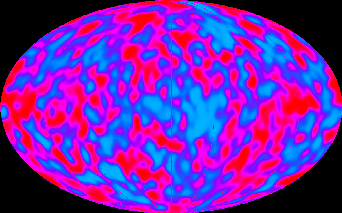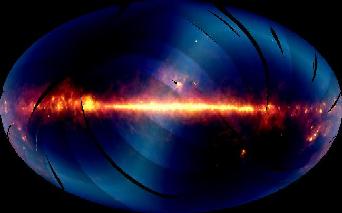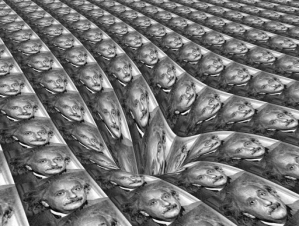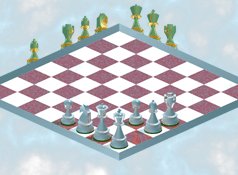


|

|


The course is intended for students with no prior formal (university-level) exposure to astronomy and astrophysics. And, the emphasis will be on conveying the current scientific understanding in a qualitative conceptual manner, making it especially ideal for curious students wanting to know about the Big Bang and related topics without having to grapple with complex mathematics as well as for RCS students wanting to explore various accounts of the universe's origin and development.
Over the course of the semester, we will build up insights using a variety of approaches: We will trace how our understanding of space, time, matter and energy has changed over the past 500, and especially the last 100 years, as well as the role of symmetries in nature. In the process, the course will also provide a glimpse into how physicists go about trying to comprehend the physical cosmos, touching upon issues such as the nature of scientific knowledge as well as the strengths and limitations of the scientific method. Although the course will largely eschew advanced mathematics, a few of the lectures may invoke Grade 11-level mathematics to illustrate and clarify ideas like why people in a fast-moving spaceships age slower than they would on earth.
Students enrolled in PHYS 303 are expected to be conversant with Grade 11 (high school) mathematics. Students enrolled in RCS 303 will not be expected to reproduce these calculations and in detail, will be evaluated differently than PHYS 303 students. For instance, RCS students will have an option of submitting an essay at the end of the term in lieu of sitting the final exam
Finally, students who have taken other astronomy courses should be forewarned that they may find some overlap with materials covered in those courses, at least in the first half of the semester, but things will get much more interesting thereafter.
Science students may find that the course is not as rigorous as they would like and may find the introductory material concerning the history of the subject and a brief survey of ancients attempts understanding the Universe, superfluous. That being said, the course material, lectures and readings, will introduce concepts that even undergraduate specialist physics and astronomy students are unlikely to seen previously, much less thought of. These ideas, stemming from on-going research at the very frontiers of our knowledge about the Universe, are guaranteed to stretch and bend the mind in unimaginable ways.




When I heard the learn'd astronomer, When the proofs, the figures, were ranged in columns before me, When I was shown the charts and diagrams, to add, divide, and measure them, When I sitting heard the astronomer where he lectured with much applause in the lecture-room, How soon unaccountably I became tired and sick, Till rising and gliding out I wander'd off by myself, In the mystical moist night-air, and from time to time, Look'd up in perfect silence at the stars.




|

|